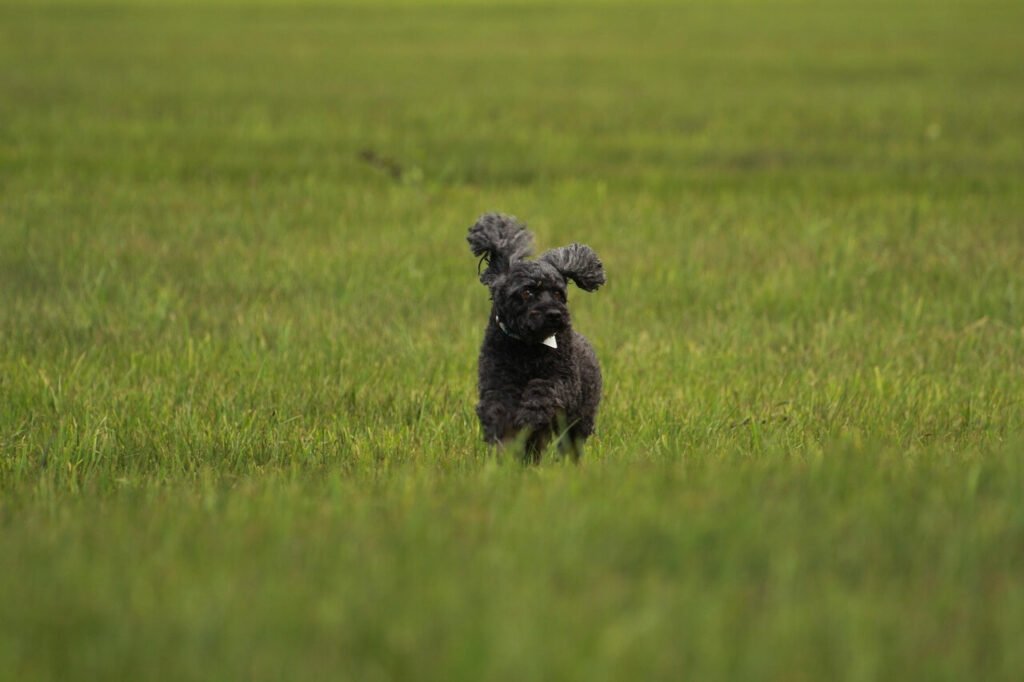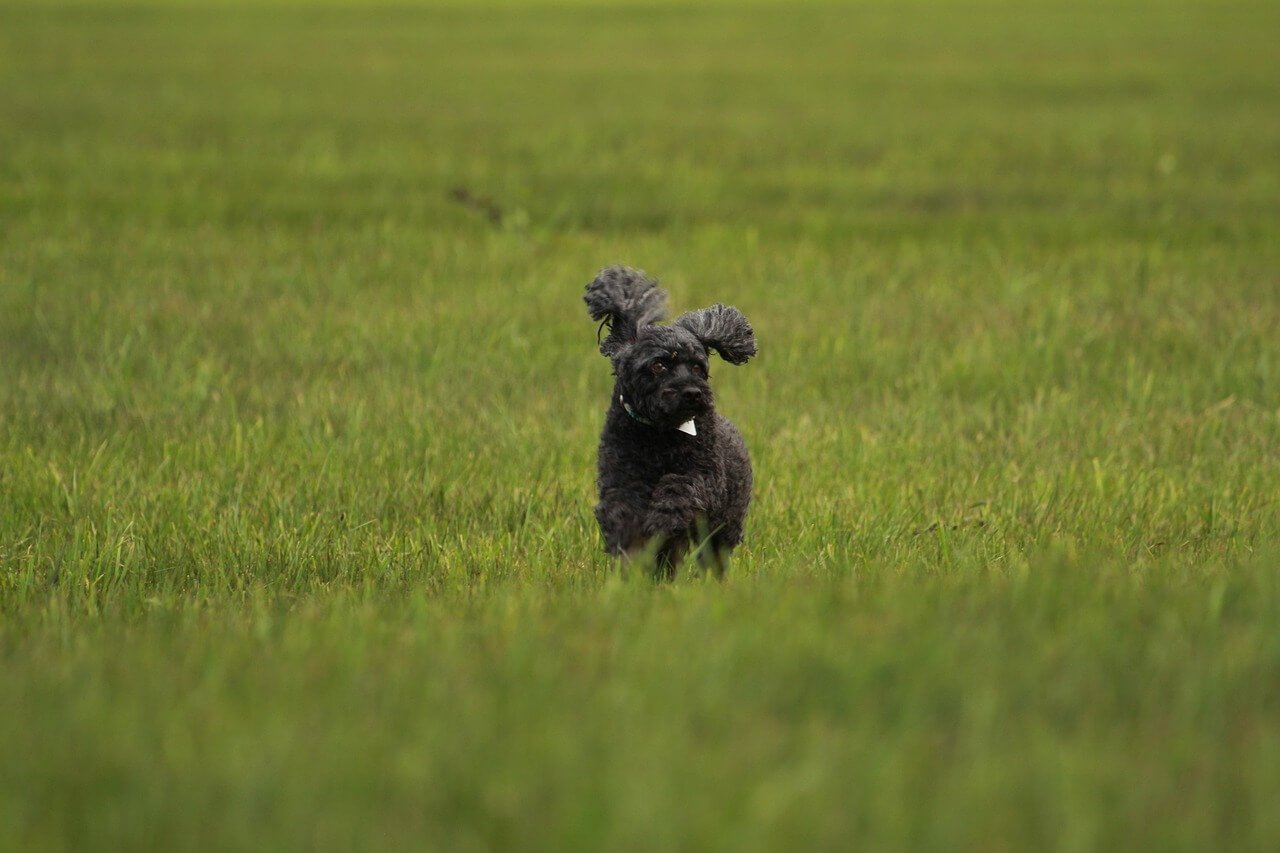Best Dog Food for Poodles: Nourishing Your Furry Friend
Poodles are beloved for their intelligence, elegance, and playful personalities. However, these unique dogs have specific dietary needs that must be met to ensure they stay healthy and vibrant. From their curly coats to their active lifestyles, poodles require a balanced diet tailored to their breed-specific requirements. Whether you own a Standard, Miniature, or Toy Poodle, choosing the right food can make all the difference in their overall well-being. In this guide, we’ll explore the best dog food options for poodles, focusing on nutrition, ingredients, and feeding tips to keep your furry companion thriving.
Key Nutritional Needs of Poodles
Understanding the nutritional needs of poodles is essential for selecting the best food for your pet. These dogs thrive on diets rich in high-quality proteins, healthy fats, and essential vitamins. Here’s what to prioritize when choosing food for your poodle:
High-Quality Protein:
Poodles need protein-rich diets to support muscle development and maintain energy levels. Look for foods where real meat is the primary ingredient.Omega-3 and Omega-6 Fatty Acids:
These fatty acids promote a shiny coat and healthy skin, which is especially important for poodles prone to dryness or allergies.Moderate Calorie Content:
Poodles are active but not overly large, so their food should provide enough calories to fuel their energy without leading to weight gain.Limited Fillers and Additives:
Avoid foods with excessive grains, artificial preservatives, or by-products, as these can cause digestive issues or allergic reactions.Joint Health Support:
Standard Poodles, in particular, benefit from foods containing glucosamine and chondroitin to support joint health and mobility.
By focusing on these nutritional priorities, you can ensure your poodle receives the nourishment they need to live a long, healthy life.

Top Ingredients to Look for in Dog Food for Poodles
When shopping for dog food, it’s important to scrutinize the ingredient list. High-quality ingredients directly impact your poodle’s health and vitality. Here are some key components to seek out:
Real Meat as the First Ingredient:
Chicken, beef, lamb, or fish should top the ingredient list, ensuring your poodle gets ample protein from natural sources.Whole Grains or Grain-Free Options:
Whole grains like brown rice or oats provide fiber, while grain-free formulas cater to poodles with sensitivities.Fruits and Vegetables:
Ingredients like sweet potatoes, carrots, and blueberries offer antioxidants and essential nutrients for immune support.Probiotics and Prebiotics:
These support digestive health, helping your poodle maintain a healthy gut and efficient nutrient absorption.Natural Preservatives:
Look for foods preserved with natural options like vitamin E (mixed tocopherols) instead of artificial chemicals.
Choosing food with these ingredients ensures your poodle enjoys a wholesome, balanced diet that supports their unique needs.
Check this guide 👉Bernese Mountain Dog Poodle Mix: Best 7 Expert Tips!
Check this guide 👉Saint Bernard Poodle Mix: Best 7 Expert Tips!
Check this guide 👉Are Poodles Hunting Dogs? Best 7 Expert Tips!
Benefits of High-Quality Dog Food | Red Flags to Watch For |
|---|---|
Promotes a shiny, healthy coat | Artificial colors or flavors |
Supports strong muscles and joints | Excessive fillers like corn or soy |
Boosts energy and vitality | Low protein content |
Reduces risk of allergies | Lack of omega fatty acids |
Enhances digestion and immunity | By-products as primary ingredients |
Feeding Tips for Poodles of All Sizes
Different sizes of poodles—Standard, Miniature, and Toy—have slightly different dietary requirements. Tailoring your approach ensures each size gets the nutrition they need.
Standard Poodles:
Larger and more active, Standard Poodles require higher calorie intake and joint-supporting nutrients like glucosamine.Miniature Poodles:
These medium-sized dogs need moderate portions to prevent overeating, with a focus on lean proteins and balanced fats.Toy Poodles:
Smaller and less active, Toy Poodles benefit from lower-calorie foods to avoid obesity and related health issues.Monitor Portion Sizes:
Overfeeding can lead to weight gain, while underfeeding may result in malnutrition. Follow feeding guidelines based on your poodle’s age and activity level.Stay Hydrated:
Ensure your poodle always has access to fresh water, especially if feeding dry kibble.
Adapting your feeding strategy to your poodle’s size and lifestyle helps them thrive and maintain optimal health.
Common Mistakes to Avoid When Feeding Poodles
Feeding your poodle improperly can lead to health problems or nutritional deficiencies. Avoid these common mistakes to keep your dog in peak condition.
Overlooking Food Quality:
Cheap, low-quality food may save money upfront but can lead to costly vet bills due to poor nutrition.Ignoring Allergies or Sensitivities:
Poodles are prone to food allergies; failing to identify triggers can cause skin issues, itching, or digestive problems.Inconsistent Feeding Schedule:
Irregular meal times can disrupt digestion and metabolism. Stick to a consistent routine for breakfast and dinner.Over-Treating or Spoiling:
Too many treats or table scraps can unbalance your poodle’s diet and contribute to weight gain.Neglecting Life Stage Changes:
Puppies, adults, and senior poodles have different nutritional needs. Adjust their diet as they grow and age.
Avoiding these pitfalls ensures your poodle stays healthy, happy, and full of energy throughout their life.
Signs Your Poodle’s Diet Needs Adjustment
If your poodle isn’t thriving despite regular feeding, their diet may need tweaking. Look out for these signs that indicate a change is necessary.
Dull or Dry Coat:
A lackluster coat may signal insufficient omega fatty acids or poor-quality ingredients in their food.Weight Gain or Loss:
Sudden changes in weight could mean improper portion sizes or an imbalanced diet.Lethargy or Low Energy:
If your poodle seems unusually tired, their food may lack essential nutrients or calories.Frequent Digestive Issues:
Diarrhea, vomiting, or constipation may point to food intolerances or poor-quality ingredients.Excessive Shedding:
While shedding is normal, excessive hair loss could indicate a lack of proper nutrition or hydration.
Addressing these signs promptly ensures your poodle’s diet aligns with their health needs.
Benefits of Homemade Dog Food for Poodles
Some poodle owners opt for homemade meals to control ingredients and tailor recipes to their dog’s needs. Here are the benefits of this approach.
Complete Control Over Ingredients:
You choose every ingredient, ensuring no allergens or harmful additives are included.Customizable Recipes:
Homemade food allows you to adjust recipes based on your poodle’s size, age, and health conditions.Fresh and Natural Nutrition:
Freshly prepared meals retain more nutrients compared to processed commercial food.Reduced Risk of Contaminants:
Homemade food eliminates worries about recalls or contamination in store-bought options.Bonding Opportunity:
Preparing meals for your poodle strengthens your bond and shows extra care for their well-being.
While homemade food offers many advantages, consult your vet to ensure balanced nutrition.
Transitioning Your Poodle to a New Food
Switching your poodle’s food requires a gradual transition to avoid digestive upset. Follow these steps for a smooth adjustment.
Start with a Small Mix:
Begin by mixing 25% new food with 75% old food for a few days to acclimate their system.Gradually Increase Proportions:
Over the course of 7-10 days, slowly increase the ratio of new food to old food.Monitor for Reactions:
Watch for signs of digestive distress, such as vomiting or diarrhea, during the transition.Stay Consistent:
Once fully switched, stick with the new food for at least a few weeks to evaluate its effects.Consult Your Vet if Needed:
If your poodle experiences persistent issues, seek professional advice to address concerns.
A thoughtful transition ensures your poodle adapts comfortably to their new diet.
FAQ
How much should I feed my poodle daily?
Portion sizes depend on your poodle’s size, age, and activity level. Generally, divide their daily intake into two meals.
Can poodles eat grain-free food?
Yes, many poodles do well on grain-free diets, especially if they have sensitivities to grains. However, consult your vet to ensure it meets their nutritional needs.
How much should I feed my poodle daily?
Portion sizes depend on your poodle’s size, age, and activity level. Generally, Toy Poodles need ¼ to ¾ cup per day, while Standard Poodles require 2 to 3 cups.
Are there foods poodles should avoid?
Yes, poodles should avoid chocolate, grapes, onions, garlic, and anything with xylitol, as these can be toxic.
How often should I feed my poodle?
Most poodles do well with two meals a day, spaced evenly apart. Puppies may need three smaller meals until they’re fully grown.
Nourishing Your Poodle for a Happy, Healthy Life
Choosing the best dog food for poodles requires careful consideration of their unique needs, preferences, and life stages. By prioritizing high-quality ingredients, monitoring portion sizes, and avoiding common mistakes, you can ensure your poodle thrives on a nutritious, balanced diet. Remember, the right food not only fuels their body but also enhances their coat, energy, and overall happiness. With love, attention, and the right nutrition, your poodle will remain a loyal and joyful companion for years to come.
Do Cats Have Taste Buds? Best 7 Expert Tips! – Discover how cats experience flavors and why their taste is so unique.
Do Dogs Have Taste Buds? Best 7 Expert Tips! – Discover how dogs experience taste, their preferences, and what it means for their diet and health.
Can Cats Taste Sweet? Best 7 Expert Tips! – Discover why cats can’t taste sweetness, how it affects their diet, and tips to keep them healthy and happy.
Can Dogs Taste Sweet? Best 7 Expert Tips! – Discover how dogs perceive sweetness, which foods are safe, and tips to manage their sweet cravings responsibly.





